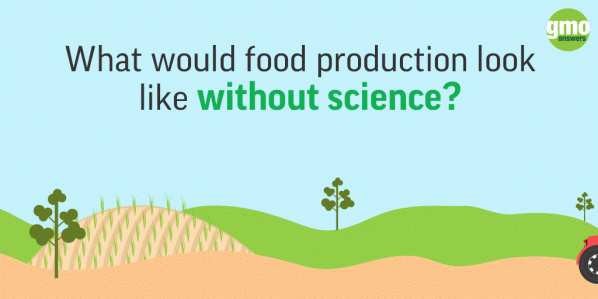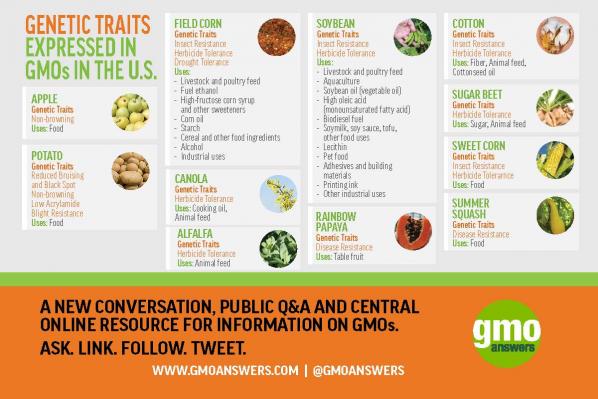The Shocking Amount Of Science And Tech That Goes Into A Can Of Tomato Soup
There are no GMO tomatoes commercially available, but that doesn't mean that there isn't an absolute *ton* of science behind every tomato you eat. The following is an excerpt of a blog post by Dr. Joseph Byrum on LinkedIn.com that gives a brilliant overview of food science & plant breeding through the lens of today's tomatoes.
When it comes to tomato soup, those ingredients are: tomatoes, corn as a sweetener, wheat flour, and water along with a small amount of preservatives, salt, and other flavor enhancers. Modern agriculture invests a great deal of time, money, and effort in perfecting the process of growing advanced tomatoes, corn, and wheat. This pays off for farmers and consumers alike.
For centuries, farmers have been breeding plants to meet a variety of needs. At the simplest level, the farmer will want high yields for his crops so that more product can be delivered at a lower cost. Food processors want high-quality fruit that’s less prone to rot. The chef is after the variety with the best taste. The consumer wants it all: low price, freshness, taste, and a pleasing color.
Meeting these demands used to be a process of guesswork. Farmers have been breeding plants for centuries, using techniques not so different from those Gregor Mendel used in his 19th-century experiments with peapods. Today, hundreds of thousands of tomato, corn, and wheat plants are grown around the world in field trials designed to improve the breed.
These efforts are growing ever more sophisticated thanks to the combined insights of modern genetics and data analytics that are replacing guesswork with hard science.
Continue reading Dr. Byrum's blog post here!


